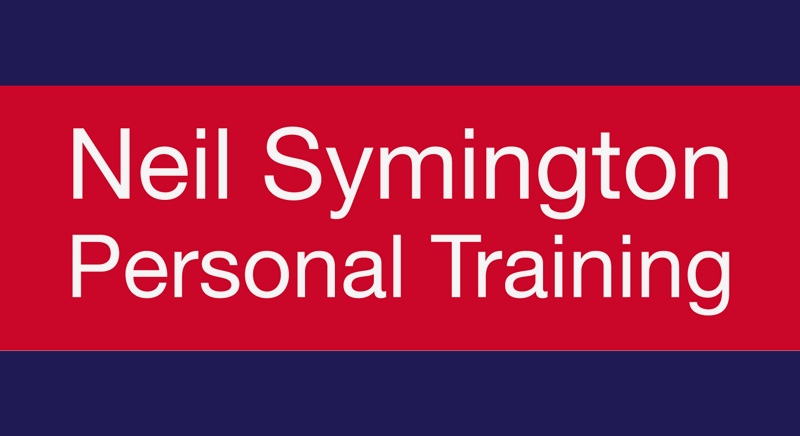Can Personal Trainers can give in-depth advice on nutrition?
As mentioned in previous blog posts, for optimum health and fitness, what you eat as as important as exercise and recovery. Personal Trainers should only give general advice on nutrition and healthy eating. It’s vital they do this as, if they don’t, they’re not considering the big picture. Trainers need to know how eating habits fit into the trainee’s lifestyle, motivation, activity levels and professional / personal responsibilities. In my experience, to achieve 99.9% of all goals (weight loss, general conditioning and more specific sporting performance goals) all you need are these general recommendations.
There are some great books available in the field and these are some of the best in my opinion. I will often lend one of these books to my trainees if they want a deeper understanding of the importance of nutrition in exercise and lifestyle.
All are well worth a read…
However, Personal Trainers are not qualified to give more detailed information. Trainers are not covered by their public liability insurance if they design meal plans, recommend (and supply) supplements and should not under under circumstances, diagnose and provide solutions for food related medical conditions. If they give advice and it causes a problem, the trainer is in very vulnerable ground legally. When a trainee wants/needs more specific advice I will always recommend that they see a qualified professional.
Reasons to see a professional?
These are the specific reasons I’d refer a trainee to seek the advice of someone more qualified;
If the trainee has / has had an eating disorder or psychological issue relating to food such as a food obsession.
If the trainee has a diet related illness such as a food intolerance, a food allergy, diabetes, cancer or IBS.
If the trainee is a vegetarian, vegan or follows another specific diet and is concerned about their correct nutrient intake.
However, it must be remembered that there are different types of professionals in the field of nutrition so the question is; which type of professional is best?
The different types of nutrition professional
Dietitians
These usually work in The NHS are are the only profession in the industry that are regulated by law. To qualify you must be trained to degree level or above and they are regulated by The HCPC (Health Care Professions Council). Although they can advise on all aspects of nutrition a dietician will mainly specialise in nutritional advice and support for individuals with serious and chronic medical conditions.
Nutritionists
It is important to note the the term “Nutritionist” is not regulated and is not protected by law in the UK. However, a nutritionist registered with the UK Voluntary Register of Nutritionists (regulated by the Association for Nutrition) are able to refer to themselves as a “Registered Nutritionist.” Generally, nutritionists work for government bodies or industry. They are more concerned with research in the area of food or the application of scientific information for nutritional guidelines for industry or the general public.
Nutritional Therapists
Because “Nutritional Therapists” aren’t regulated in the UK (the same as Nutritionists mentioned above) NTEC (Nutritional Educational Commission) is the body that has been set up to govern Nutritional Therapists. NTEC has a code of conduct and code of ethics to provide reassurance of professional standards. Most Nutritional Therapists work free lance meeting clients ‘one to one’ and advising on all aspects of nutrition. Nutritional Therapists generally get referrals from GP’s, the NHS and other health care professionals (physios, osteopaths and personal trainers).
My Referral Pathway
Considering these different types of professionals I always recommend the following: If a trainee has a medical or psychological condition I always recommend they see their GP with a view to get a referral to a dietician. If a trainee needs/wants more detailed instruction regarding their diet I will recommend a well qualified nutritional therapist.
My advice on nutrition
The guidelines I give will be tailored to the individual needs and specific goal. However, whether the goal is for weight loss, energy management, a sporting challenge or just healthy eating these are the main body of my general recommendations.
Calculate how many calories you should be consuming on a daily basis and stick (approx) to the calorie intake. I don’t advise trainees to count calories but be aware of over eating calorie dense foods (or drinks).
Write down everything you eat and record it in a personal diary. This will keep you disciplined.
Every meal should consist of a third of protein, a third of starchy carbs and a third of either fruit or vegetables. This will ensure you’re getting all the nutrients you need.
Try to eat at the same time every day. This will stabilise your blood sugar and energy levels.
A third protein, a third starchy carbs and a third veg (approx)…
As always, I hope you found this post interesting and if you have any questions please contact me.
Neil


